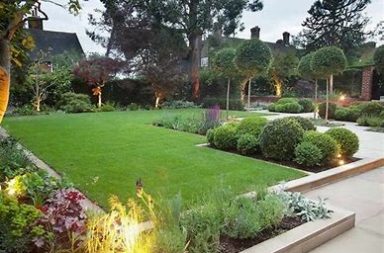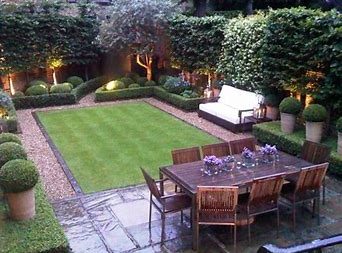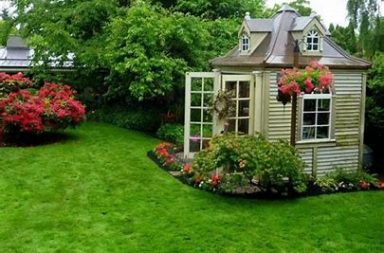Organic gardening will require some extra research and active avoidance of chemicals. Some things to consider are the natural pH balance of the soil and fighting insects the natural way. Keeping up a natural garden is very rewarding but takes some work. If you are a newbie, getting into organic gardening can be daunting. Give yourself an advantage by applying the advice from the following article.
Give your flower beds a boost by introducing annuals and biennials. Using a variety of flowers allows your flower garden to have a different look each season. Use them to fill gaps between shrubs and perennials in the sun. Some of these that you might consider are petunias, marigolds and sunflowers. If those are not flowers you like, you can also try cosmos, holyhocks or rudbeckias.
If you have specimen plants which need warmer climate zones than the rest of your garden, you can easily create a suitable space for them within your regular garden! Just create a shelter with a south facing wall which will become a solar collector, absorbing warmth in the day and releasing it at night, thus providing your specimen plants with the perfect environment!
A spicy solution to ridding your garden of pests is to spray your plants with a hot mustard or red pepper mixture (one tablespoon of hot mustard or red pepper to one quart water). The solution is safe to spray directly on your garden foliage and pests can’t stand the taste of it!
To make sure your garden looks great from season to season, plan ahead. Make sure your garden includes both annuals, biennials, and perennials so that you can always count on something blooming. Before you plant any flower, think about what you want for your garden in the next year or two.
Bulbs produce beautiful flowers in your garden year after year. To achieve the most blooms, plant your bulbs as soon as temperatures in your area begin to cool in the fall. This is usually August in zones 1 to 4 and September in zones 4 to 7. Those in southern climates will have to chill their bulbs before planting.
Keep your gardening tools organized. You do not want to trek out to your garden, only to realize you do not have everything you need with you and need to hunt your tools down. Keep small tools in a tool belt that you can grab and throw on easily or keep them in a 5-gallon bucket that you can carry out to your garden, quickly.
You should make sure you protect your garden with a fence or raised bed. This way you can be sure no animals can ruin it. Deer can also be a huge problem with gardens. Make sure the deer can’t tear into your garden by putting a fence in that is high enough.
Now, you shouldn’t get your hopes up and believe that a few tips are going to turn you into an instant professional gardener. However, these tips are a great starting point if you do plan to grow organically. As you implement these tips and hone your skills, you’ll be a professional green-thumb-holder in no time.


